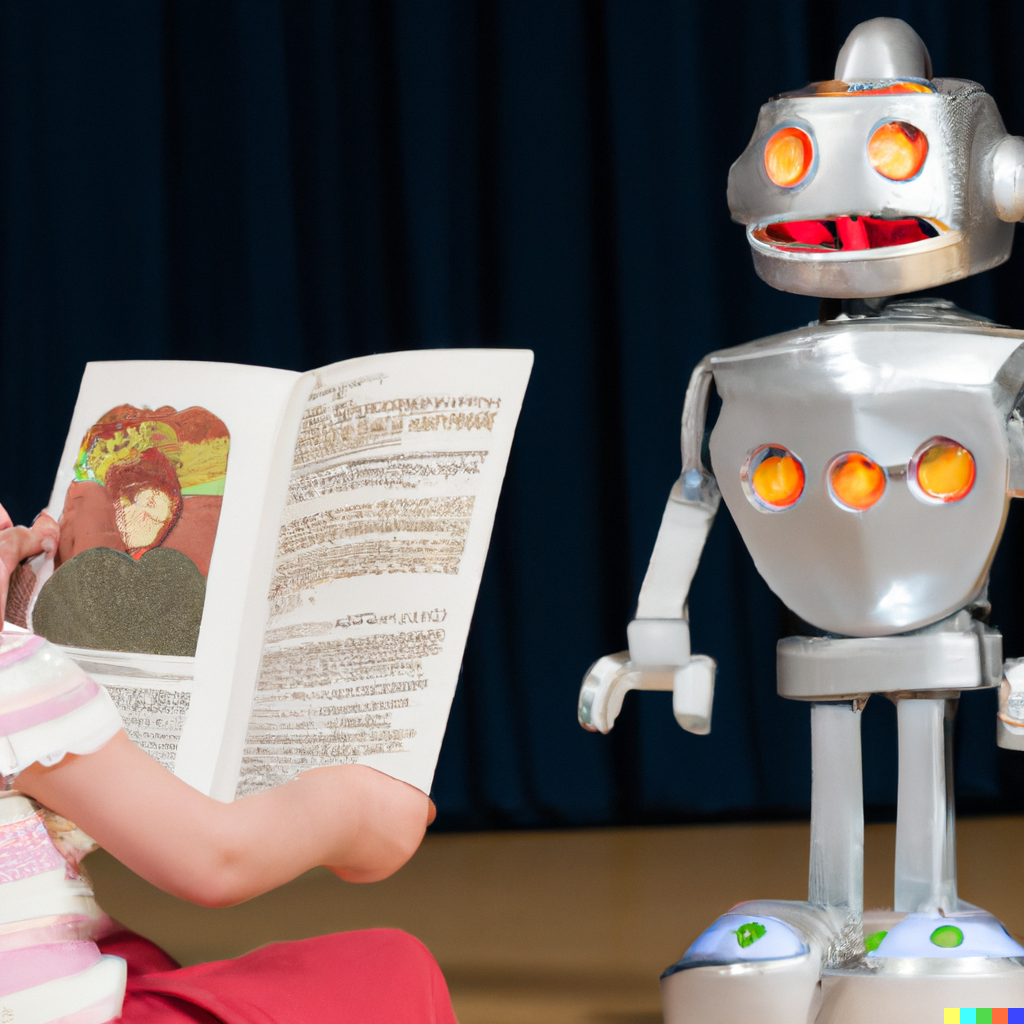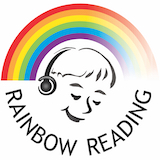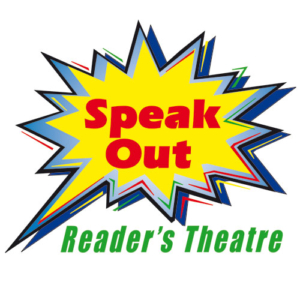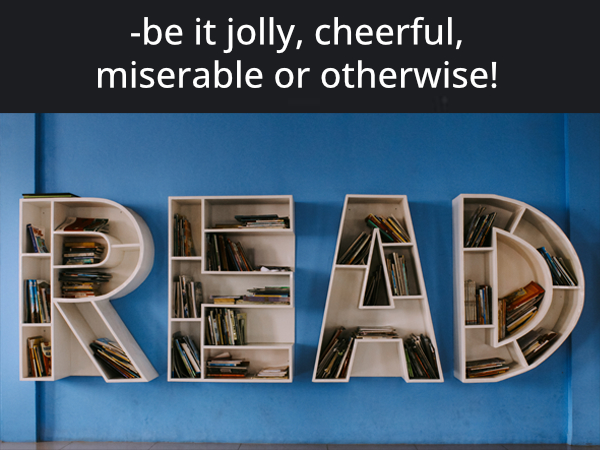AI Robot’s Take on Readers Theatre
By Artificial Intelligence & Daniel Pluck | Researcher-Writer

I sat down with an artificial intelligence robot and asked it, about the benefits of reader’s theatre for students learning to read…
It said:
“Theatre reading is an important part of any student’s education and can have numerous benefits for their reading skills. Through theatre reading, students can develop their fluency, comprehension, and vocabulary, as well as gain an appreciation for literature. Theatre reading can help students become better readers and can open up a world of possibilities for them.
Fluency
One of the most significant benefits of theatre reading for students is that it can help improve their fluency. Reading a play aloud is a great way to help students learn to read words quickly and accurately. Theatre reading also allows students to practice their pronunciation and intonation, which can help them become better readers.
– Hymes | 2014
Comprehension
Theatre reading can also help improve a student’s comprehension of a text. By reading a play aloud, students can hear the words in the play and understand the flow of the story. As they read, they can make connections between the words and the characters and the overall plot. This can help them to better understand the text and give them a better understanding of literature in general.
– Young, Stokes & Rasinski | 2017
Vocabulary
In addition to improving fluency and comprehension, theatre reading can also help students develop their vocabulary. By reading plays, students can learn new words and understand how to use them in context. This can help them better understand what they are reading and how to use language effectively.
– Cavanaugh | 2013
Struggling Readers
Theatre reading can help students to build their language and literacy skills. By reading stories out loud and engaging with the language, students can become more familiar with words and their meanings. They can also improve their pronunciation and intonation, as well as their understanding of grammar. This can be particularly beneficial for students who struggle with traditional reading methods, as theatre reading can be a more engaging and interactive experience.
– Cavanaugh | 2013
– Brinda | 2008
Confidence
Theatre reading helps to build a student’s confidence in their ability to read. It provides a unique, interactive way for students to practice reading and gain confidence in their abilities., and provides a more engaging way to learn than traditional reading activities.
– Young, Stokes & Rasinski | 2017
Overall, theatre reading encourages students to become more active participants in their reading. Instead of simply reading words off a page, students must engage with the material, interpret the words, and actively participate in the process. This active engagement helps to keep students engaged, and helps them to better understand and remember the material. By actively engaging with the material, students are also more likely to develop a strong connection to the material, which can increase overall comprehension and retention.”
I asked, what other benefits there are from Reader’s Theatre…
It said:
Oral communication
Theatre reading helps to develop a student’s oral communication skills. By reading aloud, students must use their tones and facial expressions to convey the intended meaning of the text. This helps to develop the student’s creativity, as well as their ability to actively engage with an audience. This can be especially beneficial for students who struggle with oral communication, as it provides them with an opportunity to practice and build their confidence.
– Cavanaugh | 2013
Self-Expression
Theatre reading can also help to develop a student’s self-expression. By reading stories out loud, practicing public speaking and building communication skills, theatre reading can also help students to develop their creativity and critical thinking skills.”
– Young, Stokes & Rasinski | 2017
– Ratliff | 2006
Motivation
By engaging in interactive reading, students can gain a sense of accomplishment when they finish a text. This can help to build the student’s self-esteem and provide them with motivation. It also helps students understand the importance of listening.
– Young, Stokes & Rasinski | 2017
I asked, if there was anything else?
It said:
Imagination
“By reading stories out loud, students can explore the characters and the plot of the stories in a more exciting and visual way. Theatre reading gives students a chance to use their imagination and express themselves, while also learning about different stories and cultures.
– Brinda | 2008
Appreciation
It can provide a fun and engaging way for students to experience stories, build their language and literacy skills, and develop an appreciation for the arts.”
– Ratliff | 2006
Finally, I asked if there was anything it wanted to say in closing…
It said:
“In summary, theatre reading can have a positive impact on a student’s abilities. By providing a unique, interactive way to practice reading, students can gain confidence in their abilities and develop their communication skills. Theatre reading can also be a fun and engaging activity that encourages students to become active participants in their reading.”
Of course, we didn’t just take the AI’s word for it – we sought the research base of everything it said (hence the references provided).
Recommended Resource
Interested in a programme that embraces everything mentioned above? Click here
• Hardcopy & Digital Sets available
• Audio-assistance (accelerates reading improvement by an average of 400%)
• Levelled books with age-appropriate topics and pictures
• 6 Titles + Teaching notes in kits
• In conjunction with our amazing Student/Family video competition…
See more here
References
The Effect Readers’ Theater has on Fluency
Carla Hymes, 2014
Readers Theatre Plus Comprehension and Word Study
Chase Young, Faida Stokes, Timothy Rasinski, 2017
Using Readers Theaters to Help Students Develop Reading Fluency
Adrianna D. Cavanaugh, 2013
Engaging aliterate students: A literacy/theatre project helps students comprehend, visualize, and enjoy literature.
Wayne Brinda, 2008
The Performance Role of Reader’s Theatre in a Literature Classroom
Gerald Lee Ratliff, 2006
The author generated this text in part with GPT-3, OpenAI’s large-scale language-generation model. Upon generating draft language, the author reviewed, edited, and revised the language to their own liking and takes ultimate responsibility for the content of this publication.
References provided by Rainbow Reading Programme LTD.




